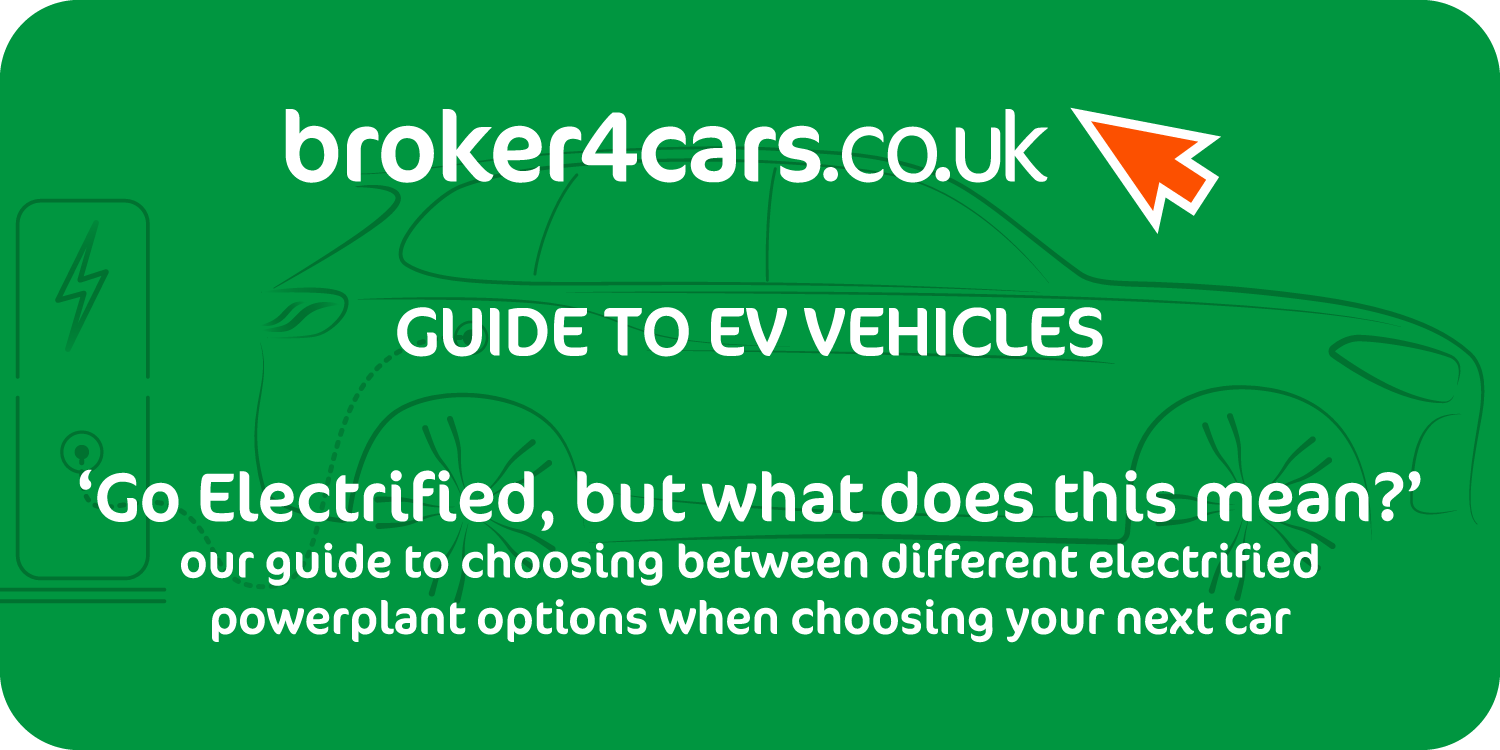Hire Purchase
Hire purchase is a form of car finance that can be used to buy a new or used card. You essentially HIRE the car over the contract period, with the option to PURCHASE it at the end. You normally pay an upfront deposit, followed by monthly instalments until the amount you owe has been repaid. Crucially, until this last payment has been made, you don't own the car.
While you're paying off the finance, the finance company still owns the car. It's only once you've made ALL the payments (including the 'option to purchase' fee at the end, which is usually £100 or so) that ownership transfers to you.
The debt is also secured against the car. So if you can't pay it, the finance company could repossess the car to help pay off your debt.
Around 10% of new cars, and 60% of used cars, are bought using HP - though it's not as popular as it once was.
How does hire purchase work?
Once you've found a car you want to buy, you'll know the amount you want to borrow.
Dealers usually ask for a deposit of 10% or more of the car's price - and if you're buying a new car, many franchised dealers (those affiliated with manufacturers like Ford, BMW etc) run promotions giving you a contribution towards this if you take one of their finance deals.
You then pay fixed monthly payments over a period of one to five years, and typical APR interest rates for HP tend to be between 4% and 8% if you've a good credit score (they can go up to a massive 50% APR if you don't). Some dealers will offer 0% finance - but this is more likely if you've a chunky deposit to put down.
Remember, if you fail to keep up payments the finance company is entitled to seize the car.
What happens at the end of the finance deal?
Once all repayments have been made, you pay a final fee - referred to as the 'option to purchase' fee - to own the car outright. This covers the cost of transferring ownership to you, and is typically around £100. It should be mentioned in the HP agreement you sign at the start - but if you can't find it, make sure you ask the dealer how much the fee is.
Let's take an example of how much you'd pay in total...
Say you're buying a car priced at £14,000:
- You pay a 10% deposit of £1,400, leaving £12,600 left to pay.
- You borrow £12,600 over three years.
- You get a 5% APR deal, meaning payments would be £378 a month (£13,608 for the three years).
- After three years you can take ownership of the vehicle, paying a transfer fee of £100.
- So in total you'd pay £15,108.
Remember! The car is owned by the finance company until the final payment and 'option to purchase' fee have been paid. Until then, you have no legal right to sell the car (though the finance company may let you if you ask, and use the proceeds to fully settle the finance agreement).
Paid off half the debt? You can return the car & walk away
Known as a voluntary termination, there's a little-known clause in the Consumer Credit Act which allows you to get out of an HP agreement early. Provided you've repaid at least half the total amount owed, you can terminate the agreement and return the car to the finance company.
This is a handy clause in an HP contract if you find:
- You no longer need the car.
- You want to cut costs.
- You can't afford repayments.
- You can get a similar car for a lower cost than you would by making the remaining payments.
If you decide to do this, the car should be in good condition when you hand it back. If not, you'll have to pay for any outstanding repair work that needs doing.
If you're not yet halfway through the payments, you'll need to pay the amount outstanding to reach halfway before you can get out of the agreement.
Important! If you decide to end the agreement early, make sure to get everything in writing and keep a copy so nobody can claim you have defaulted on your payments.








